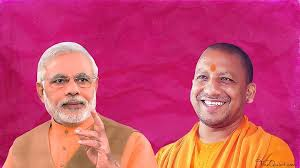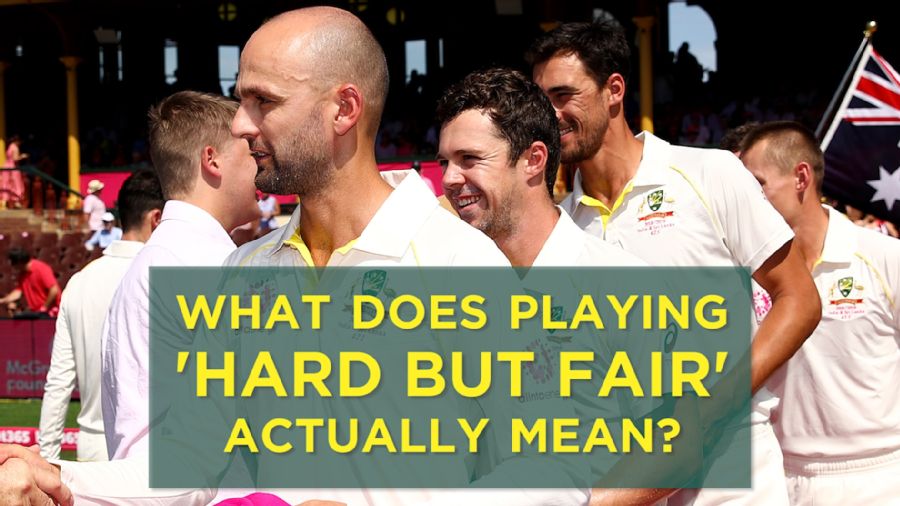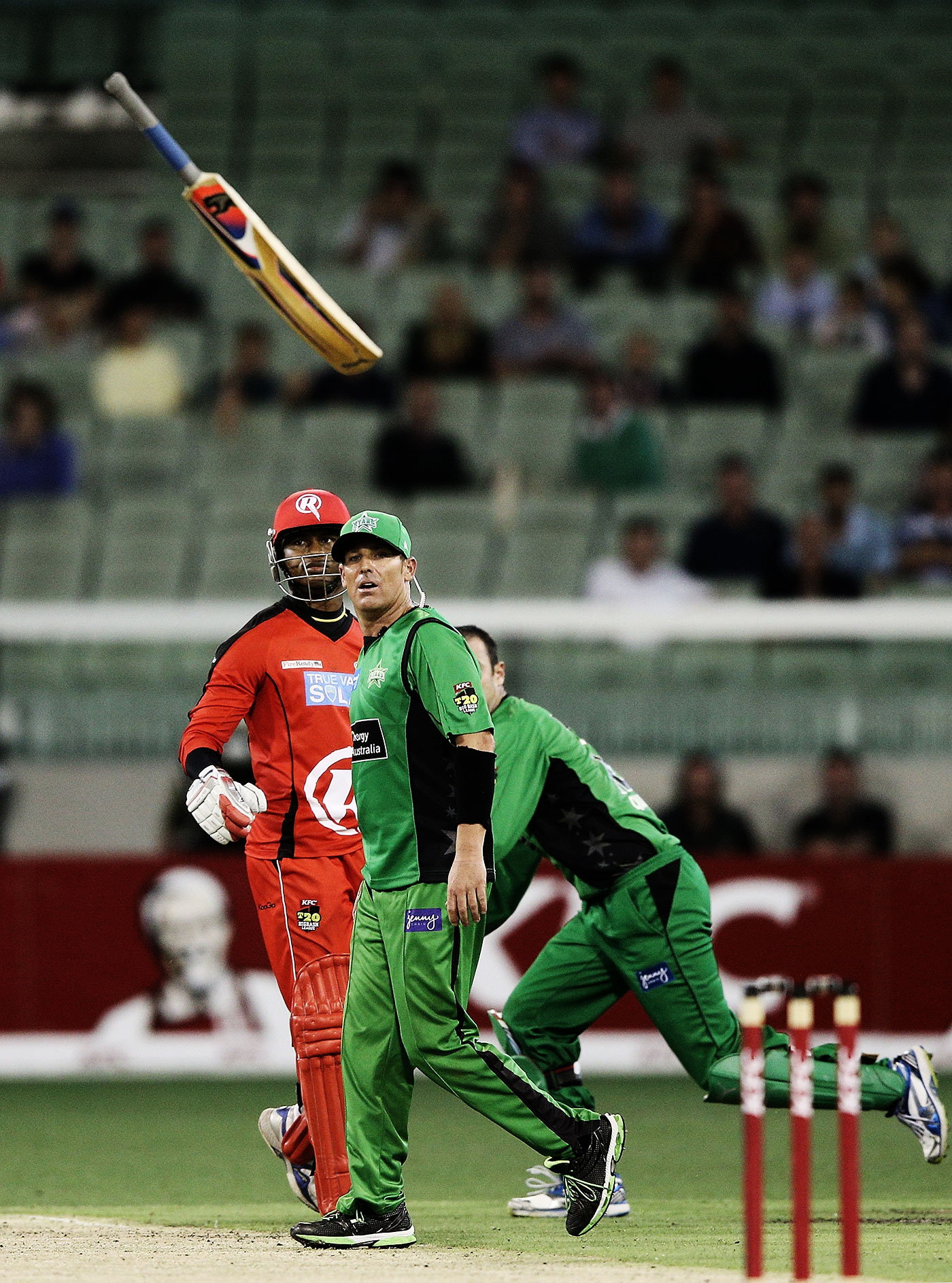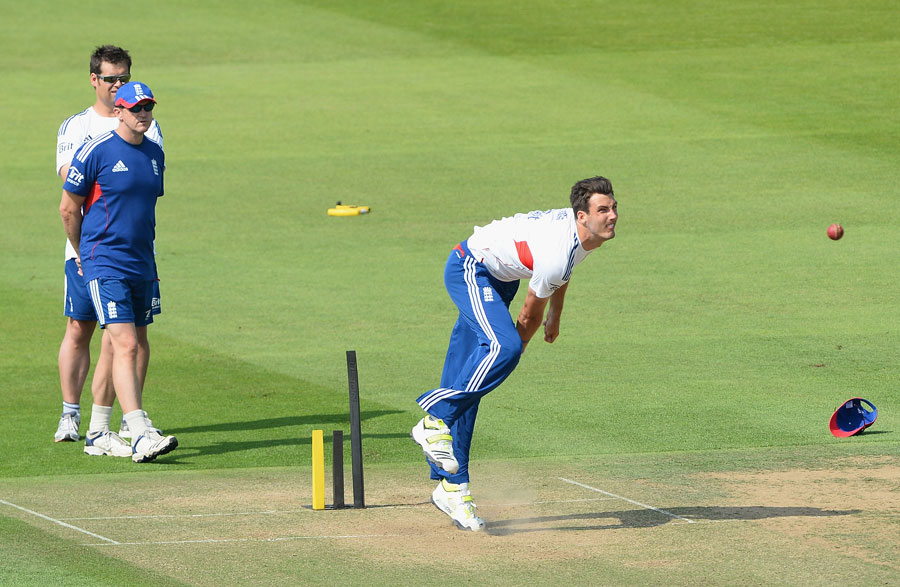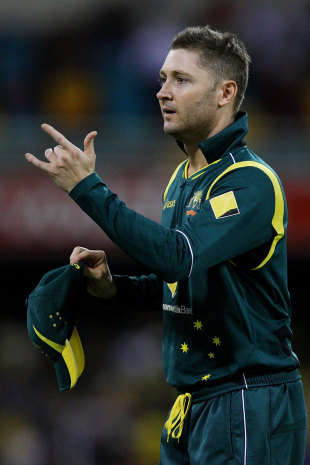|

Such is the frequency with which the BCCI flexes its muscles, it has
become almost too exhausting to criticise the board for it every time
© AFP
|
|
Enlarge
|
|
|
|
Contradicting Ian Chappell during his days as baggy green 'un-in-chief
was never a terribly wise idea, and it remains ever thus. As he
asserted recently
on this site, given that it can hardly be held responsible for all of
cricket's ills, bashing the BCCI for every chink, kink and ruffle serves
as a deterrent to deeper thought and as an alibi for inaction.
Besides, bashing the BCCI is now akin to criticising the Kremlin 30
years ago or the USA ever since, especially while the Bush boys were
calling the shots. Indeed, such is the frequency with which the BCCI
flexes its muscles like the proverbial playground bully, it has almost
become too exhausting, not to say frustrating, to bother. If it isn't
the refusal to back the DRS, it's the reluctance to invite Bangladesh
over for an ODI, let alone a Test. To relent, though, is to concede
defeat, which is what all bullies want. Eventually the Kremlin caved.
What, for instance, are we to make of the decision
to demand
that Sky Sports and the BBC cough up £500,000 and £50,000 respectively
to cover England's impending set-to with India? While this might not
necessarily be an over-estimate
for 2000 sq ft of additional space at four Test venues, even if the
air-conditioning does function properly, the short notice smacks of
brinkmanship at best, at worst naked exploitation. Not that the idea of
the ever-pompous BBC and the never knowingly satisfied Murdoch empire
both being taken for a ride doesn't have considerable allure.
As with the refusal to field a frontline spinner
in the India A XI,
are we simply witnessing yet another skirmish in yet another
pre-series, charm-free offensive ("C'mon lads, let's see if we can wind
up Iron Bottom and all those snotty BBC types - should do MS and the
boys a power of good")? Could it be a dastardly plot to cut
Test Match Special
out of the loop and do a back-door deal with those excitable folk at
TalkSPORT? Or might it be something far more disreputable? Regardless of
your vantage point, or even the efficiency of your blinkers, the words
"fair", "proportionate" and "appropriate" are marginally less likely to
spring to mind than "grasping", "provocative" or "here we go again".
We could be kind, magnanimous, even generous. We could interpret this
unseemly kerfuffle as nothing more than a show of patriotic faith in
native expertise and charisma, however misguided. It's India v England
after all, in India, so why on earth shouldn't the world watch while
armed with the guidance of Ravi, Sanjay and Harsha, who plainly know a
great deal more about local conditions than Nasser, Sir Ian and Bumble?
In any event, even if you really would rather hear "Got 'im!" or
"Dropped 'im" exclaimed with a Lancastrian burr or an Essex twang,
didn't Indian viewers in the fifties and sixties have to put up with
haughty Jim Swanton and plummy Peter West?
But let's consider the other plausibility. Namely, that the BCCI
believes the world beyond India should not be exposed to waspish
condemnations of the board's DRS-phobia whenever a wicket is unjustly
lost or falsely won. Those objections may have been documented ad
nauseam but the bottom line remains as galling as ever: nine for, one
against.
Such a blatant subversion of the democratic process need not, of course,
be a guarantee of bad faith,
or even downright wrongness. After all,
the vast majority of the developed world was profoundly, almost
religiously, racist for centuries. In any event, not even the DRS's most
hardened and vehement advocates would strenuously challenge the
observation that the fine-tuning prompted by the BCCI's prodding has
enhanced the implementation of justice. I'm one and I certainly
wouldn't. But still. Nine for, one against.
EMPATHY TIME. As a North London Jew, devoutly irreligious but
fiercely proud of my race, I like to think I am not unfamiliar with what
it feels like right now, what it means in 2012, to be an Indian cricket
lover - as opposed, that is, to a lover of Indian cricket, a weakness
to which, given that Indian cricket embodies the game's passions and
subtleties like no other, I am only too happy to confess. I am also
humbly and undyingly grateful for the Indian passion for cricket,
without which the game might well not have a significant future. Or any
future.
I too know what it is like to read an article about fellow members of my
tribe - for the BCCI, read just about every Israeli government in
recent memory - and shudder. Just because something shameful is done
purportedly, in "our" name doesn't mean the rest of the world should
view this as proof of consent, (im)morality or even fraternal
forgiveness. Similarly, criticism of Israel shouldn't automatically
brand the critic as anti-semitic.
Thus, more or less, did I begin my contribution to the annual Oxford
Indian Society Symposium two weekends ago. There were 30 or so souls in
the lecture theatre at St Antony's College, the rump of them students,
all thoroughly immersed in the topic under discussion, "Are the BCCI's
burgeoning finances harming world cricket?" - if only because it
doubtless came as welcome light relief in the wake of sessions such as
"What do the recent politics of protest in India and elsewhere imply for
the principle of representation in parliamentary democracy?", "What is
the future of India as a welfare state?" and "Can India's aggressive
drive for nuclear energy ensure energy security in an environmentally
responsible and internationally acceptable manner?"
| |
|
|
|
| |
|
Those ills for which the BCCI is responsible - selfishness,
undemocracy, irresponsible use of power, blind allegiance to the
almighty crore - are hard to ignore because they affect everyone who
truly cares about this precious, precariously perched obsession of ours |
| |
|
|
|
|
In common with the organisers, I had hoped that my fellow panelists
would number that world-renowned twit… sorry, Tweeter, Lalit Modi.
Sadly, despite having confirmed his attendance, he'd cried off. A huge
pity on a personal front, for two reasons: a) I had prepared what I was
going to say with him very much in mind; b) his response would have been
intriguing at the very least, at best, eminently newsworthy.
After Andrew Miller, the other panelist, had offered an erudite analysis
of the ECB's economic and diplomatic strategy (if "strategy" isn't too
flattering a word to describe some of its more harebrained actions), we
took questions from the floor. What struck me most forcefully was the
depth of embarrassment at some of the BCCI's less admirable policies.
Some were genuinely shocked to learn that Bangladesh had yet to play a
Test in India. Others recoiled at the image of India as filtered through
the IPL: insular, superficial, brash, crass. Scepticism abounded,
cynicism too. If anyone took issue with what I'd said - and, while
suitably polite and anti-inflammatory of adjective, I can't say I pulled
many punches - they kept it firmly to themselves. Sure, you could
dismiss such reactions as either politeness or the predictable reactions
of the privileged, but from where I was sitting, that would mean
doubting their manifest sincerity.
All that said, few, surely, will quibble with the notion that, however
long overdue, the racial shift in the balance of power at the game's top
table, one unprecedented in any other major sport, has brought out the
worst in many, particularly those stuffy Old Worldsters who would rather
live in some sepia-drenched imperial past where the English Way is the
Only Way; who would rather badmouth an accomplished younger brother for a
minor misdemeanour than cheer his triumphs.
No matter what one feels about him, it was inevitable that Modi would
clash with Giles Clarke, another chap accustomed to getting his own way.
When new money meets new money, historical baggage is the barrier. "Be
placatory," advised Rosie, a measured and terrifyingly eloquent hitman
in Donald Cammell and Nic Roeg's ageless psychedelic-rock 'n'
roll-gangster movie Performance: had Clarke been even
semi-placatory, accepting the way cricket's axis had shifted, the ECB's
desultory and delusory marriage of convenience to Allen Stanford would
almost certainly never have got beyond a first date.
Empathy, however, has its limits. Those ills for which the BCCI is
responsible - selfishness, undemocracy, irresponsible use of power,
blind allegiance to the almighty crore - are hard to ignore because they
affect everyone who truly cares about this precious, precariously
perched obsession of ours. The impression, sadly, is that those we
entrust to administer it are simply not up to snuff (there's no "I" in
"run" but there is one in "ruin"). CLR James' immortal question needs
updating: "What do they know who only money know?"
Which brings us back to what may one day be remembered, with much mirth,
as "Skygate". Or better yet, "Bumblegate". To pretend that it's all
about the dosh, given that the BCCI's most recent balance sheet showed a
hearty profit, is plainly preposterous. And yet… last week, auditors,
for the second year running, felt unable to approve the BCCI's accounts.
Perhaps "Bumblegate" is indicative of a genuine recognition, after the
years of wine and plenty, that, from now on, every pleasure must be
earned and every rupee treasured?
And so to this week's quick quiz:
1) Would the honourable BCCI officials (and even the dishonourable ones)
support slapping a surcharge on a ticket-holding spectator just as they
clicked through the Eden Gardens turnstiles?
2) Do those officials give a toss if forcing Bumble and Co to commentate
on happenings in Kolkata from West London rouses even more vigorous
vilification?
3) Are those officials so convinced of their own invulnerability and so
oblivious to the bigger picture that a gracious u-turn cannot be
countenanced?
And the correct answers are:
1) Exceedingly doubtful.
2) Evidently not.
3) Let's bloody well hope not.
